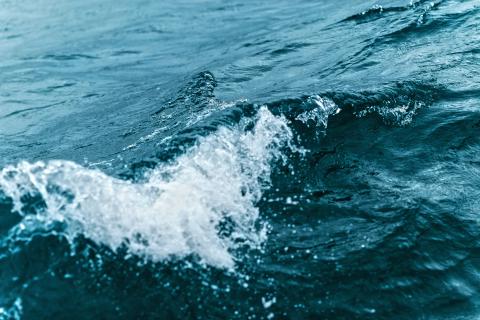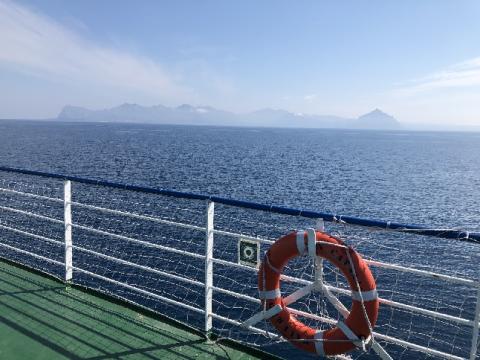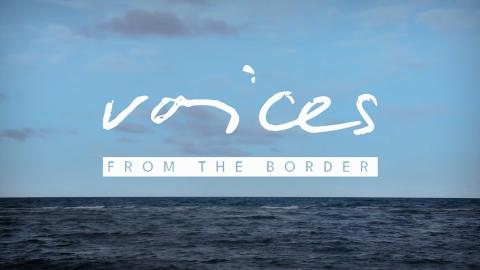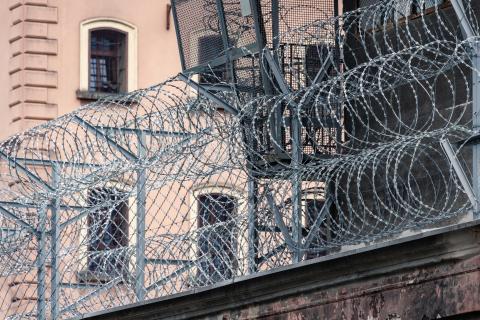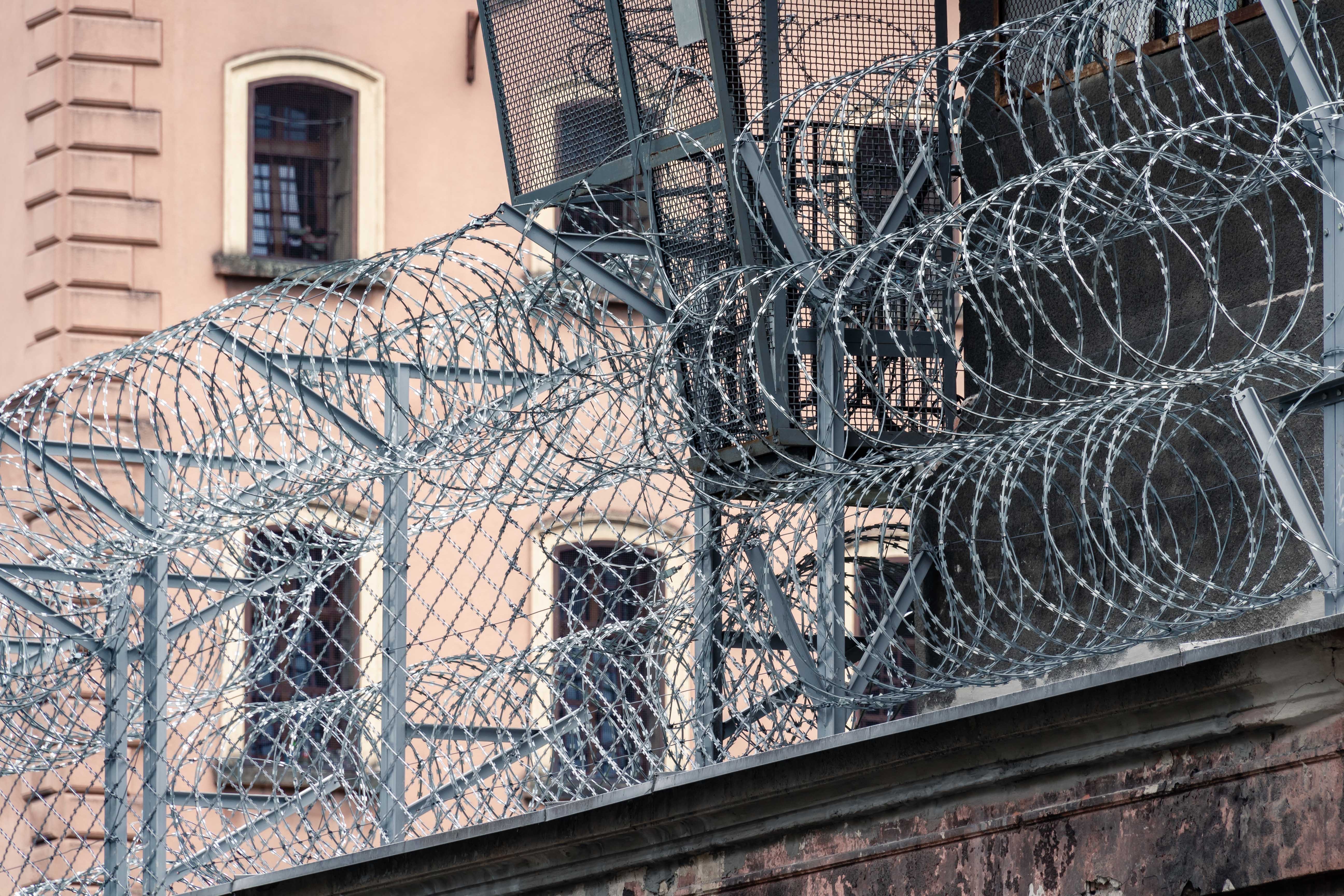
Criminalization of Migration & Solidarity in Italy
© Foto by Pawel Czerwinski via Unsplash
A project in cooperation with UNITED4RESCUE
In the course of the collective attempt to close its borders, the EU uses numerous means of deterrence to prevent people from seeking safety in Europe. The criminalisation of people on the move and those who are in solidarity with them has been a widespread strategy for years. borderline-europe Sicily has prepared an overview of the different possible forms of criminalisation. In Italy, too, people are prosecuted under the charge of "aiding and abetting unauthorised entry". This strategic approach covers a wide range of activities and defendants: migrants who organise support for relatives and friends during their flight, organisations and individuals who work in different ways for people on the move, or people who are prosecuted for having steered the boat on which they arrived in Italy.
In a joint project with the organisations Arci Porco Rosso Palermo, Alarmphone and Borderline Sicilia, an extensive research on the practice and the political and legal background of the criminalisation of the so-called "boat drivers" in Italy was carried out last year: https://fromseatoprison.info
In the follow-up project, the focus shifts from research to informing a broader public about the issue and actively supporting those affected. More information can be found in the quarterly reports of the project:
Publications 2025
- Semi-annual Report: 'From Sea to Prison'
Publications 2024
- Annual Report 2024: "The Criminalization of Migrant Boat Drivers in Italy in 2024"
- 3. Quarterly Report 2024: "From Sea to Prison: A Dream of Freedom"
- 2. Quarterly Report 2024: "From Sea to Prison: Braving the waves"
- 1. Quarterly Report 2024: "From Sea to Prison: Borders Without End"
Publications 2023
- Annual report 2023 "Without Frontiers: The criminalization of migrant boat drivers in 2023" Arabisch I Deutsch I English
- Quarterly Report November 2023: "Between a War and the Oscars"
- Quarterly Report July 2023: "Truly blind Justice"
- Quarterly Report February 2023: "Across the Whole Terraqueous Globe"
Publications 2022
- Annual Report 2022: "As long as you can still listen" - Find the arabic version here.
- 2. Quarterly Report "A rising tide lifts all boats", June 2022
- 1. Quarterly Report "From Sea to Prison", March 2022
Despite the systematic approach, individual cases can differ significantly from one another - both in terms of the charges and the personal backgrounds and stories of those affected. In most cases, the fates of the concerned remain unheard-of and far away from any sort of public attention. The following is therefore only an exemplary selection of cases:
- Three more prisoners on hunger strike - the prison emergency never ends
- 14 people acquitted after years of prosecution as alleged smugglers
- The case Ahmed G.
- The case "Vos Thalassa"
- The case of the "4 Soccer Players" (see also here & here)
- The Case of Ahmad J. - An Afghan judge imprisoned in Italy
The following is a selection of journalistic articles that have been produced in cooperation with the project and shed light on the topic of the criminalisation of refugees in Italy:
- "Find me a culprit!": how the Italian police sent two Turkish men to prison without any proof
- BBC: The African migrants who Italy accuses of people smuggling
- Left: The smuggler from Mariupol
- Ansa: Who are the kid smugglers, being tried as adults
Also activists, organizations and individuals who show solidarity with migrants are repeatedly targeted by the Italian judiciary. Some well-known cases of recent years are summarized here:
- Case of Iuventa Crew
- Case of 4 Eritreans
- Case of Andrea Costa (Baobab Experience)
- Case of Mimmo Lucano (Ex Mayor of Riace)
- Case of Lorena Fornasir & Gian Andrea Franchi (Linea d'Ombra)
An overview of the criminalization of sea rescue in recent years by Italian authorities can be found here:
Rettung Unerwünscht - Italiens Versuche die Seenotrettung Geflüchteter zu kriminalisieren (German only)
In iour project "Sea rescue is not a crime" you can find articels and reports up to the year 2021

